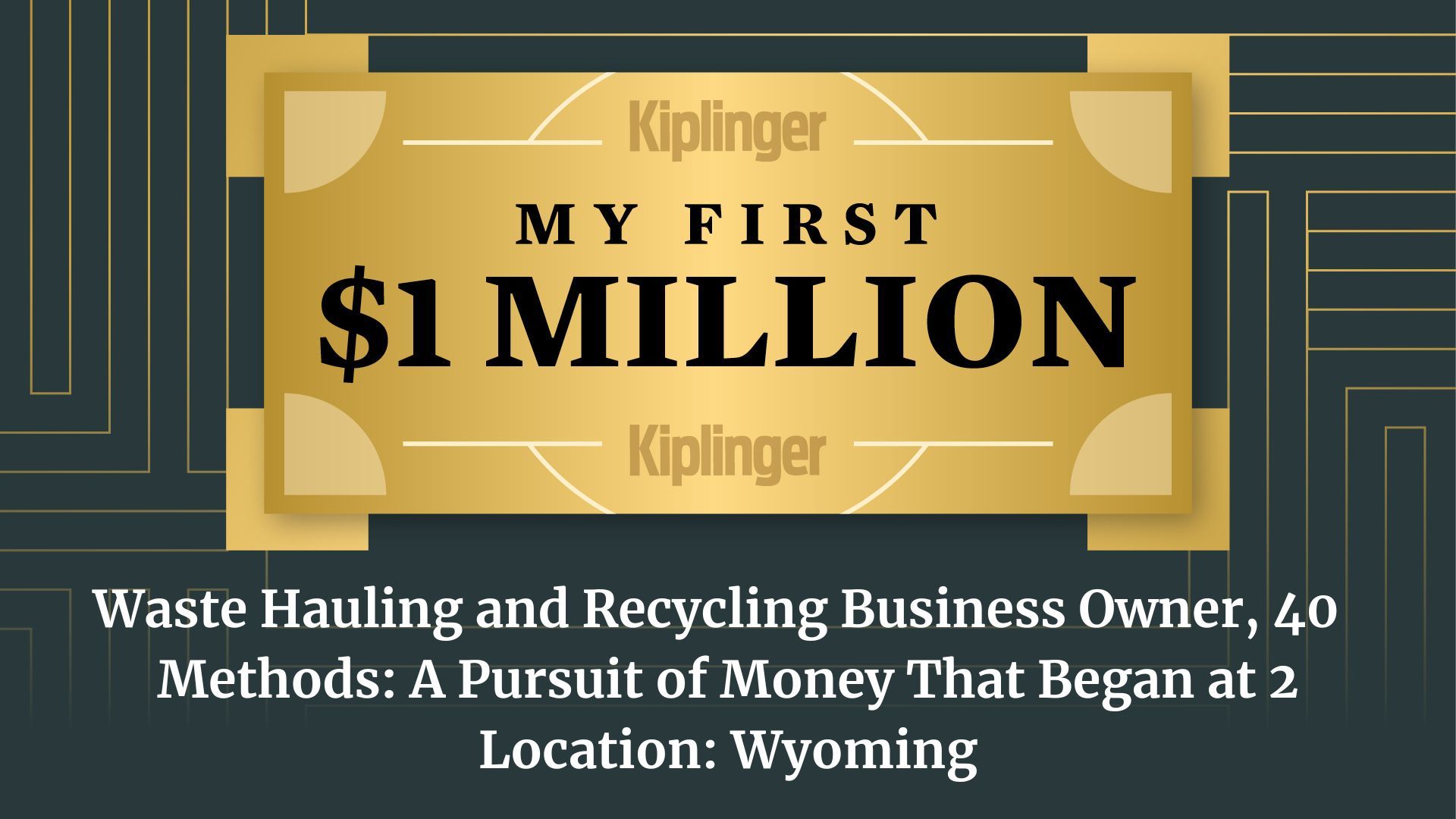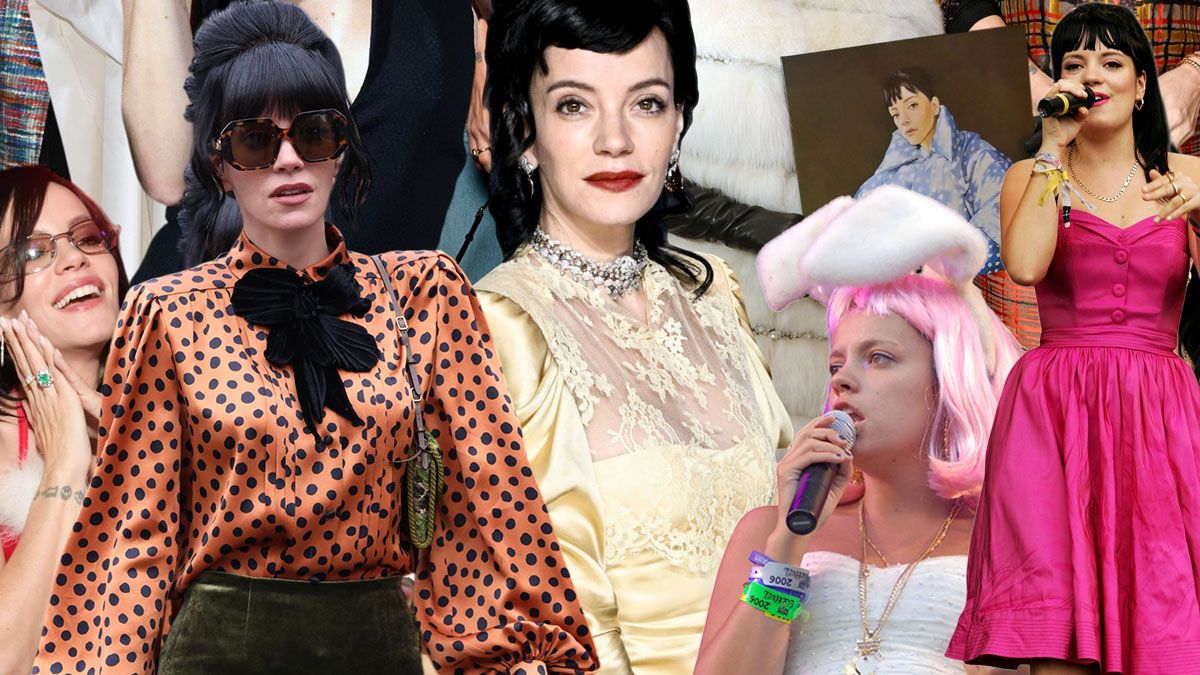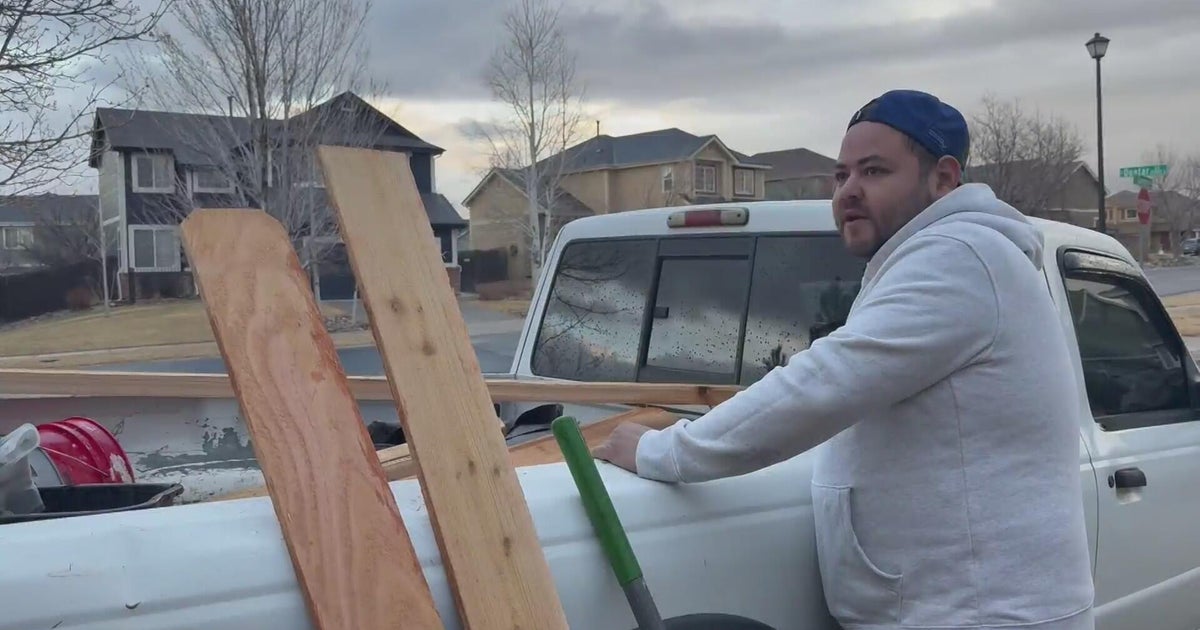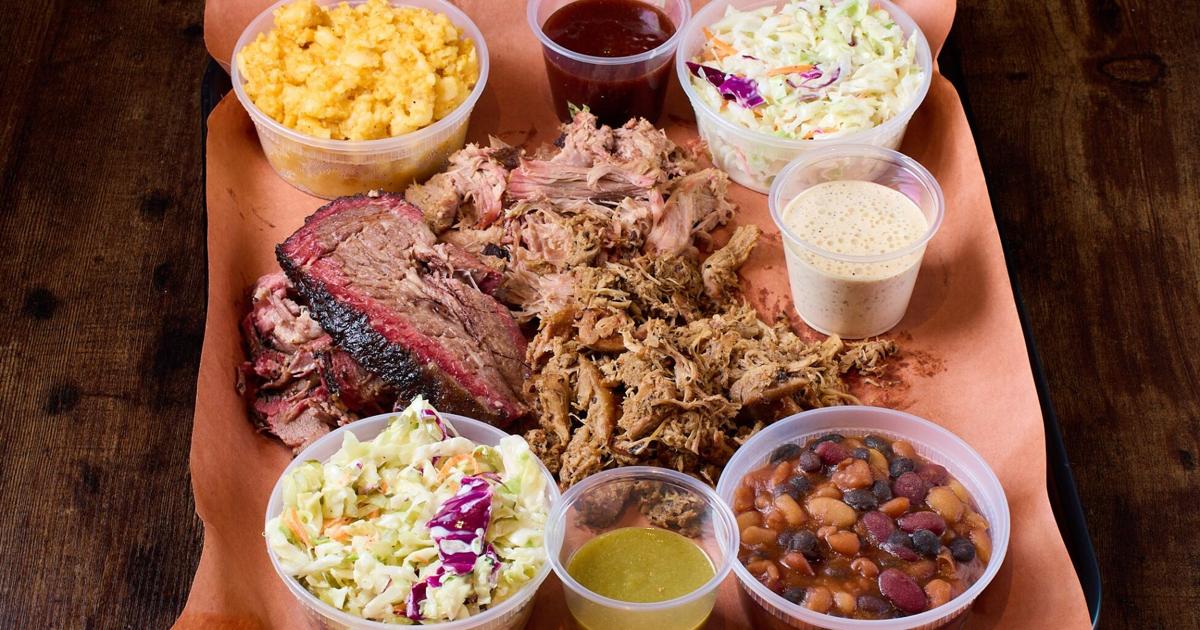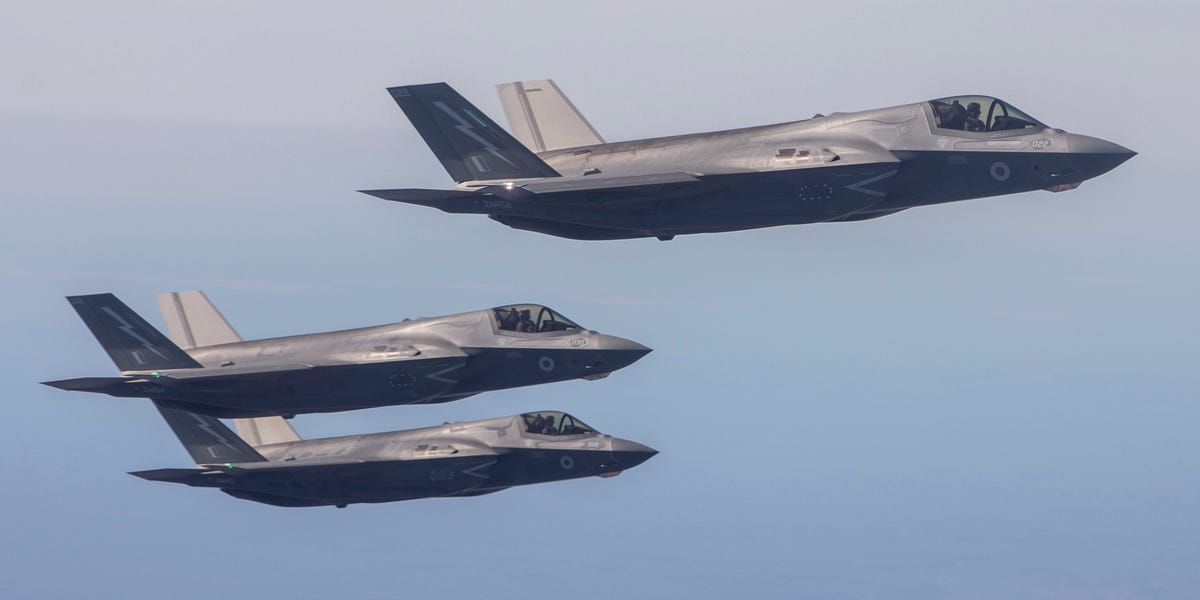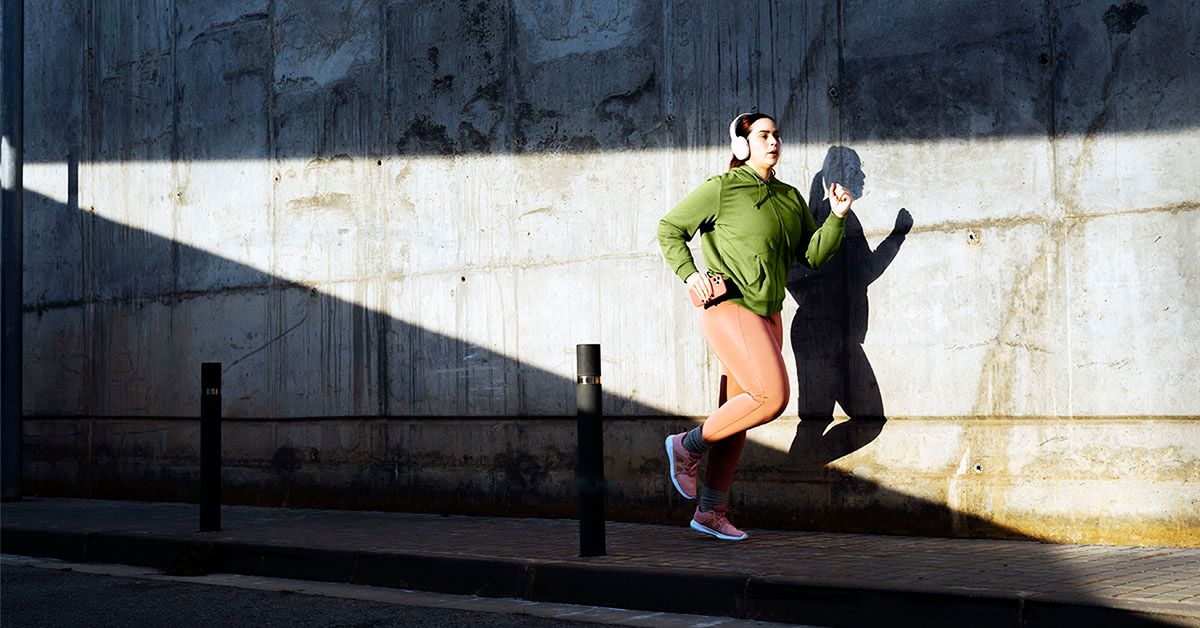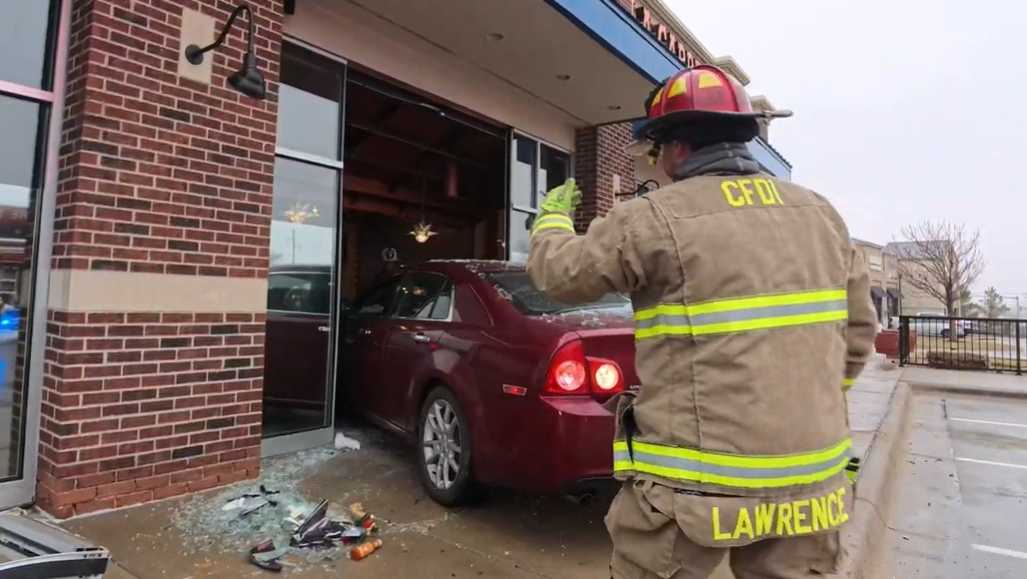Welcome to Kiplinger’s My First $1 Million series, in which we hear from people who have made $1 million. They’re sharing how they did it and what they’re doing with it. This time, we hear from a married 40-year-old owner of a waste hauling and recycling business in a small town in Wyoming. As he puts it, “Our company has never embraced job titles, so typically I claim to just be the janitor.”
See our earlier profiles, including a writer in New England, a literacy interventionist in Colorado, a semiretired entrepreneur in Nashville and an events industry CEO in Northern New Jersey. (See all of the profiles here.)
Each profile features one person or couple, who will always be completely anonymous to readers, answering questions to help our readers learn from their experience.
Sign up for Kiplinger’s Free Newsletters
Profit and prosper with the best of expert advice on investing, taxes, retirement, personal finance and more – straight to your e-mail.
Profit and prosper with the best of expert advice – straight to your e-mail.
These features are intended to provide a window into how different people build their savings — they’re not intended to provide financial advice.
THE BASICS
How did you make your first $1 million?
My first million dollars took a long time, but I rang the bell around 25 years old. I was raised to be an entrepreneur — started earning a nickel a night if I slept in my own bed when I was 2 years old.
At age 3, my father taught me a simple process in his home business that paid 1 cent per step. From then on, I was hooked in the pursuit of money.
In fifth grade, while others said, “Someday I’ll be a…” I said, “I want to be a millionaire by age 21.”
Growing up, I did various blue-collar-type jobs. Hard work, long hours, earning by the sweat of my brow. One dollar became $10, then $100, then $10,000, etc.
(Image credit: Getty Images)
While I had a college scholarship, I spent my time earning necessary monies selling stuff on eBay — Pez dispensers were a hit for some time, but eventually I found a niche buying classic cars out in the farmers’ fields, dismantling them and selling the parts, literally, across the world.
Fast-forward a few years, I took an opportunity to work at a scrap metal yard. Two and half years later, I was fired, on good terms, and moved my family to Wyoming to build my own empire.
I made my first couple of millions in metal recycling. Markets began to turn, and we saw opportunity in the garbage business.
So, rewind to fifth grade. I didn’t say, “When I get big, I want to be a garbageman!” No one says that. Today, I am proud to say I am a garbageman, and it has made me a millionaire.
What are you doing with the money?
My family lives a very modest lifestyle, maybe how some would imagine (a family would live on) the salary of a janitor.
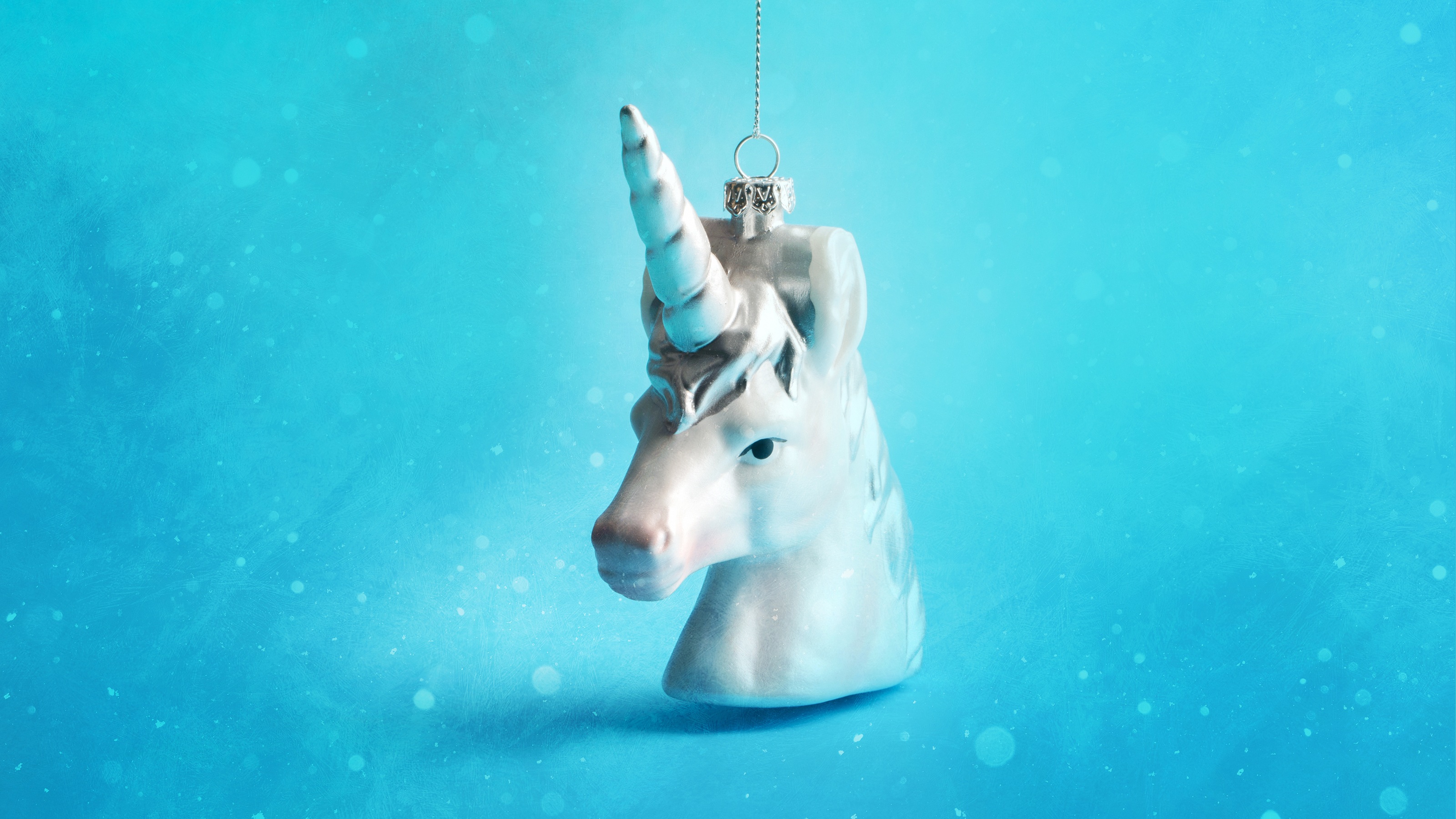
(Image credit: Getty Images)
As money came in, we put it back into the company, buying land, equipment, inventory, etc. I was driven — that’s probably an understatement. Vacations were limited. Work-life balance was/is terrible.
It wasn’t always unicorns and leprechauns — there were tough times, bad deals, dishonesty, theft, etc. However, quit wasn’t in me.
THE FUN STUFF
Did you do anything to celebrate?
Making a million dollars didn’t come with celebration, recognition or even a toast with a non-alcoholic beverage. Deep down, I just knew it would happen someday.
Does anyone know you’re a millionaire?
We have been greatly blessed with children, the comforts of life and financial peace.
While it wasn’t because I was a millionaire, I remember a time when I found myself saying, “I could go buy a Lamborghini today, and it’s enough to know I can.”
What’s my T-shirt say if I’m a walking billboard? Landfill. That’s not a brand, an accomplishment, a profession of faith, a dream vacation location. It’s a goal.
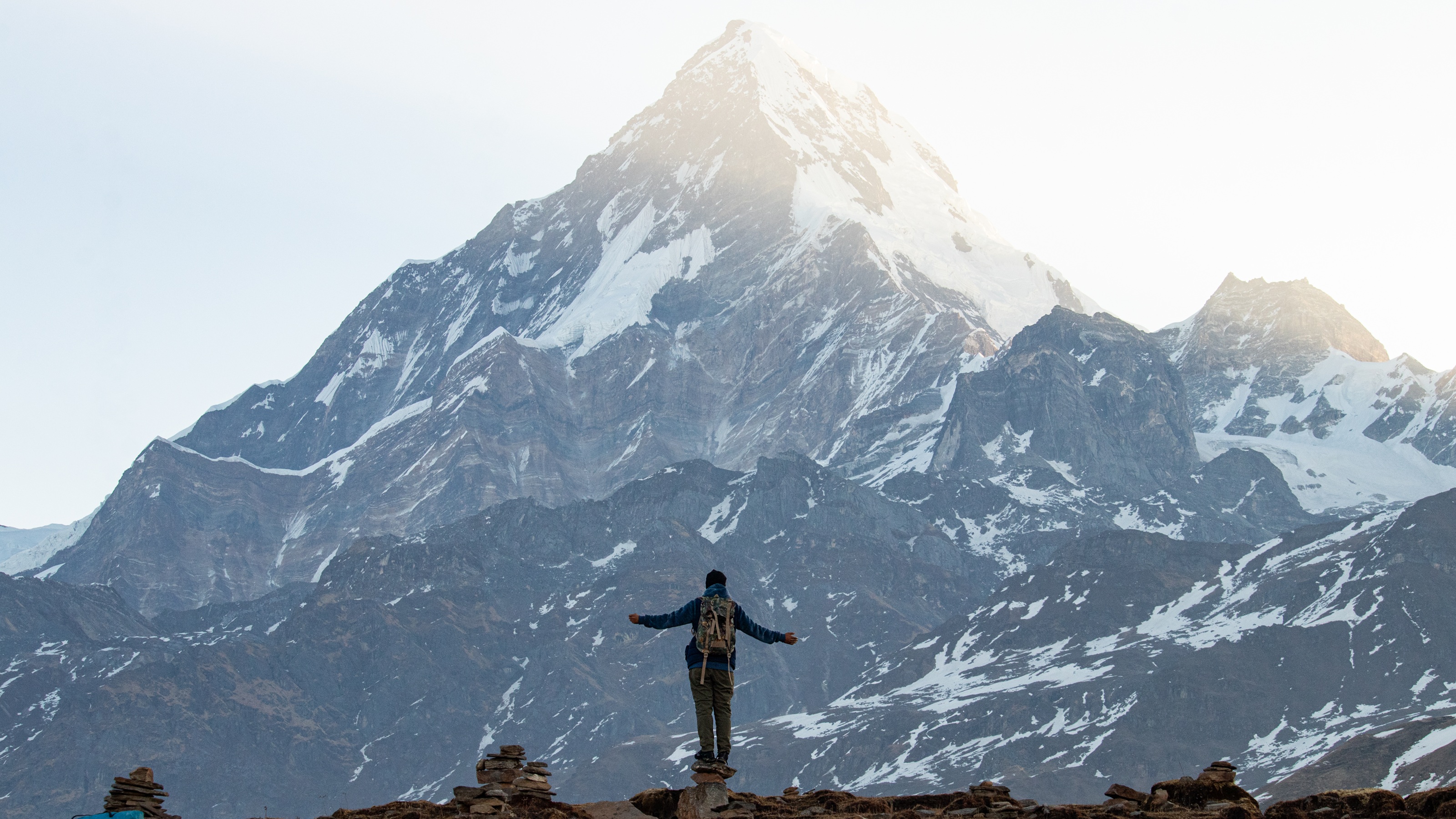
(Image credit: Getty Images)
Dig a really big hole, fill it with waste and bury it like it never existed. Meanwhile, it will make millions of dollars the old-fashioned way through super-hard work, a great team of people that matter and long hours in unfavorable conditions.
Call it my Everest. It’s nothing fancy, but it will do.
LOOKING BACK
Anything you would do differently?
There’s not a lot I would change because I can’t. I look back at the journey, connect the dots and move forward.
Did anyone help you early on?
Accumulation of wealth is often just another caterpillar pillar (a reference to the book Hope for the Flowers by Trina Paulus). There were several mentors along my journey — Dave, Bert, Scott and my parents.

(Image credit: Getty Images)
I was blessed with goodly parents! My dad was my biggest fan. While he raised me to be a maintenance man of his mobile home rentals, I chose a different path, but the principles he taught me along the way are reflective in my little world of business.
He taught me to “fish” and told me to dream.
“Balance, my son,” he would often say.
Fortunately, he lived to see me become a millionaire. Unfortunately, he was killed in a motorcycle crash a few years ago. I love my father and miss him dearly.
Did you read any financial books that helped you on your journey?
My top three books are The Richest Man in Babylon (by George Clason), Think and Grow Rich (by Napoleon Hill) and The Millionaire Next Door (by Thomas Stanley).
Have you ever met someone ‘famous’?
I had a one-on-one meeting with Brian Scudamore, owner of 1-800-GOT-JUNK? at his Vancouver, B.C., office. Simple experience, but impactful beyond words.
LOOKING AHEAD
Any advice for others trying to make their first $1 million?
This is my advice to young people: You will never know the curveballs of life. Bad things happen to good people. Great people make great teams. And in the words of Mufasa (of The Lion King): “Remember who you are.”
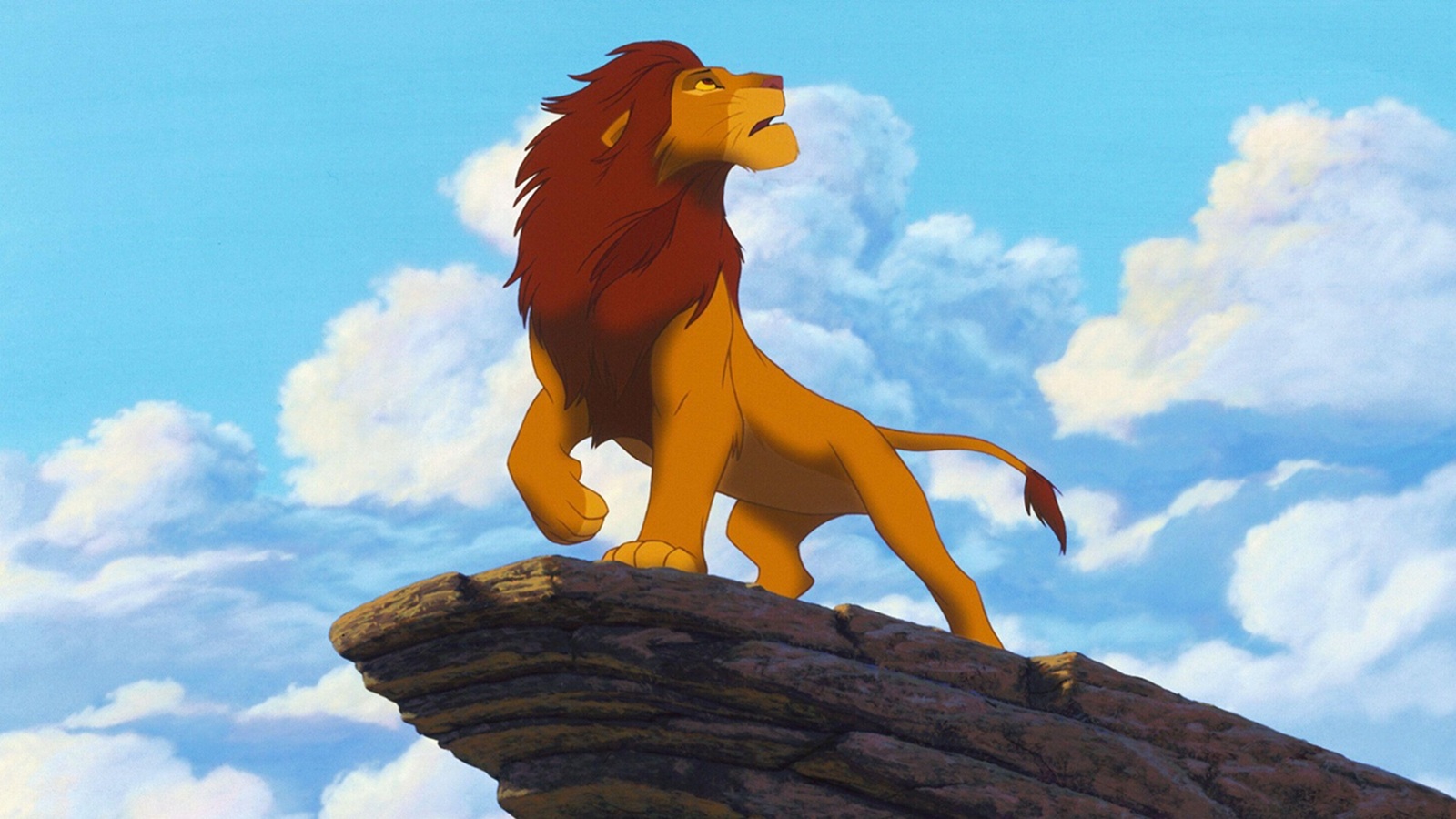
(Image credit: Walt Disney Productions, via Alamy)
If you have made $1 million or more and would like to be anonymously featured in a future My First $1 Million profile, please fill out and submit this Google Form or send an email to MyFirstMillion@futurenet.com to receive the questions. We welcome all stories that add up to $1 million or more in your accounts, although we will use discretion in which stories we choose to publish, to ensure we share a diversity of experiences. We also might want to verify that you really do have $1 million. Your answers may be edited for clarity.
RELATED CONTENT
TOPICS

